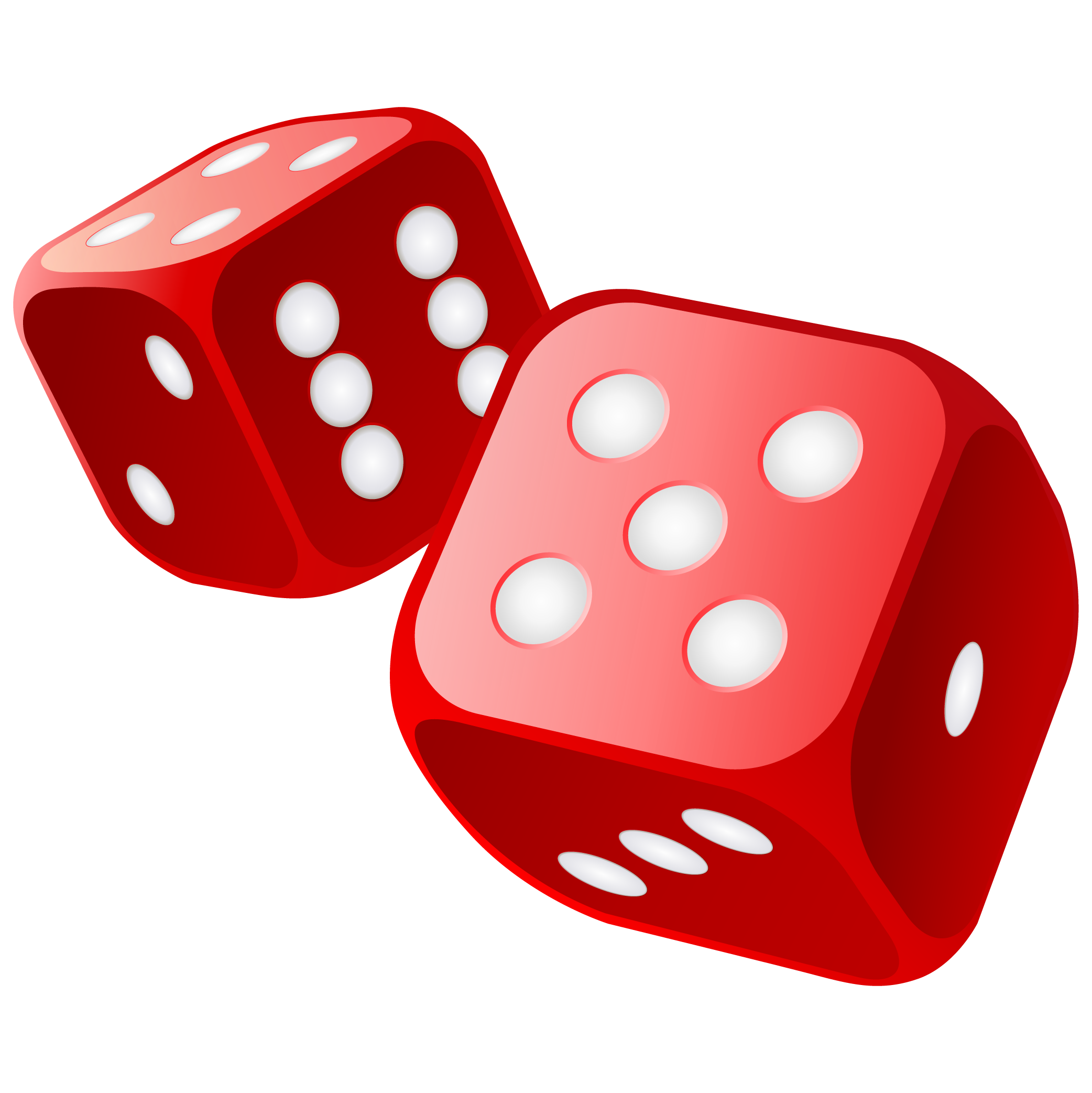
Ludo, a game loved by millions worldwide, has now entered the Web3 era with blockchain integration. So, transforming it from a casual board game into a transparent, fair, and profitable gaming ecosystem. Traditional online Ludo games often suffer from centralized control, lack of ownership, and opaque reward systems. However, blockchain technology is revolutionizing the industry by offering decentralization, true asset ownership, and verifiable fairness.
In this post, we will explore how blockchain integration enhances the Ludo gaming experience. Moreover, making it more immersive, rewarding, and sustainable.
Ensuring Fairness & Transparency with Blockchain
One of the biggest concerns in online gaming is the lack of transparency in dice rolls and opponent matchmaking. Also, Centralized game servers control outcomes, making it impossible for players to verify fairness. Blockchain technology eliminates manipulation through smart contracts and decentralized randomness.
How Blockchain Guarantees Fair Play:
- Decentralized Random Number Generation (RNG): Unlike centralized Ludo games where dice rolls are managed by a private algorithm, blockchain-powered provably fair algorithms ensure that every roll is transparent and immutable.
- Smart Contracts for Gameplay Rules: All game mechanics and rewards are enforced through automated smart contracts, reducing the possibility of biased outcomes.
- Immutable Game History: Every move, dice roll, and transaction is recorded on the blockchain. So, preventing fraud or hidden alterations.
Why It Matters for Players & Investors:
Also, Blockchain-based Ludo games offer a level playing field where every player competes fairly. Investors benefit from trustworthy mechanics, ensuring long-term engagement and adoption.
True Digital Ownership: NFTs in Ludo Gaming
In traditional online Ludo games, players spend money on in-game assets, only to lose them if the platform shuts down or bans their account. Moreover, Blockchain integration changes this paradigm by introducing NFTs (Non-Fungible Tokens), allowing true ownership of in-game assets.
NFTs in Ludo – How They Work:
- Exclusive NFT-Based Game Pieces: Players can own unique Ludo tokens that. Also, provide special abilities and can be resold in secondary markets.
- Personalized Skins & Boards: Customize gameplay with NFT skins that retain value beyond a single game session.
- Tradable & Upgradable Assets: Players can buy, sell, or enhance their NFTs, creating a real gaming economy.
Investor & Player Benefits:
- Resale & Earning Potential: Unlike traditional games, NFT-based assets in Web3 Ludo can be sold or staked for rewards.
- Interoperability Across Games: Ludo NFTs can be used across multiple blockchain-based games, increasing utility.
- Scarcity-Driven Value: Limited-edition NFTs grow in value over time, providing investment opportunities.
Play-to-Earn (P2E) Model: Gaming Becomes Profitable
Blockchain integration introduces the Play-to-Earn (P2E) economy, where players are financially rewarded for their time and skills. Moreover, Unlike traditional Ludo, where winnings are just in-game points, Web3 Ludo games offer cryptocurrency rewards that hold real-world value.
How Players Earn in Blockchain Ludo:
- Winning Matches: Earn $SKL tokens for every victory.
- Completing Challenges & Achievements: Get bonuses for strategic gameplay.
- NFT Rentals & Sales: Rent out rare NFTs to other players for passive income.
- Staking & Yield Farming: Earn interest on staked tokens within the game’s ecosystem.
Why P2E Ludo is a Game Changer:
- Encourages longer player engagement with financial incentives.
- Attracts a wider audience, from casual players to crypto investors.
- Introduces deflationary tokenomics, preventing asset devaluation.
Decentralized Economy & Governance
Unlike traditional Ludo games, where a centralized company controls updates, reward distribution, and policies, blockchain-based Ludo games operate under decentralized governance.
How Decentralization Enhances Ludo:
- DAO (Decentralized Autonomous Organization) Governance: Token holders can vote on game updates, rule changes, and economic policies.
- Community-Led Development: Players have a direct say in the evolution of the game.
- Fairer Reward Distribution: No single entity controls the economy smart contracts automate token distribution.
Impact on Players & Investors:
- Players gain decision-making power, ensuring the game remains fair and engaging.
- Investors can influence tokenomics, driving sustainable growth.
Secure & Fast Transactions with Blockchain
Blockchain technology ensures secure and near-instant transactions, solving problems related to payment fraud and slow processing in traditional online games.
How Blockchain Transactions Improve Ludo:
- Instant Payouts: Receive rewards without waiting for bank processing times.
- Lower Fees: Avoid costly transaction fees seen in traditional gaming microtransactions.
- Cross-Border Accessibility: Play and earn seamlessly from anywhere in the world.
Why It’s a Big Deal:
- Eliminates reliance on third-party payment processors.
- Reduces the risk of account bans or withheld earnings.
- Enhances global accessibility and player inclusion.
The Future of Blockchain-Powered Ludo
Blockchain technology is transforming the Ludo gaming experience by ensuring fairness, enabling true asset ownership, introducing real-world earning potential, and fostering community-driven governance. Whether, you’re a player seeking rewards or an investor exploring profitable gaming ecosystems, Web3 Ludo games provide an exciting, sustainable, and transparent future.
Why You Should Get Involved Now:
- Own valuable NFTs that grow in worth over time.
- Earn real crypto rewards by simply playing and engaging.
- Shape the future of gaming through decentralized governance.
Blockchain integration isn’t just enhancing Ludo it’s redefining gaming itself. Are you ready to roll the dice on the future of Web3 gaming? Join the revolution today!

